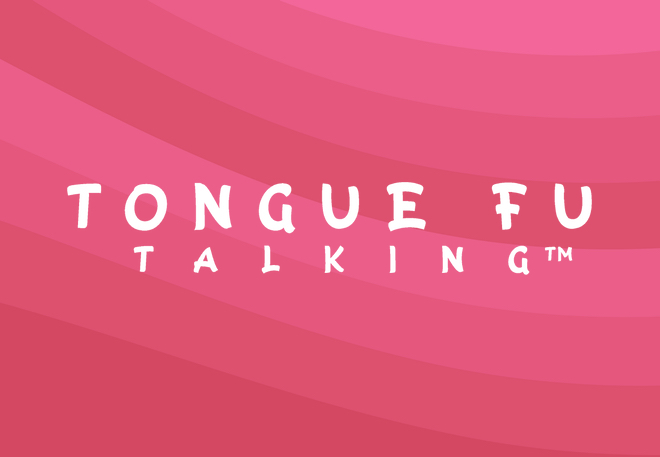
Course Description:
This course offers an in-depth exploration of integrating substantive and disciplinary knowledge within the English primary National Curriculum. Designed for teachers and school leaders, it focuses on understanding these two crucial types of knowledge, applying them across various subjects, and effectively assessing student progress. Through interactive sessions and practical examples, participants will gain valuable insights and techniques to enhance their teaching practices and student learning experiences.
Section 1: Understanding Substantive and Disciplinary Knowledge
- Objective: Clarify the concepts of substantive and disciplinary knowledge, illustrating their importance in the primary curriculum.
- Focus: Engage in discussions and activities that highlight the differences and interconnections between these types of knowledge, setting the stage for their practical application in the classroom.
Section 2: Examples in a Range of Curriculum Subjects
- Objective: Provide practical examples of how substantive and disciplinary knowledge can be integrated across different subjects.
- Focus: Examine case studies and real classroom scenarios across subjects like History, Geography, Art, Science, DT and Music. Participants will be shown a range of lesson plans that effectively combine substantive facts with disciplinary enquiry and analysis.
Section 3: Disciplinary Knowledge as Activity Drivers
- Objective: Demonstrate the role of disciplinary knowledge in creating engaging and purposeful teaching and learning activities.
- Focus: Participate in interactive exercises where disciplinary knowledge forms the basis for creating compelling and educational classroom activities, fostering a deeper understanding and curiosity among students.
Section 4: Assessing Students’ Progress in Substantive and Disciplinary Knowledge
- Objective: Provide strategies and methods for assessing students' understanding and application of substantive and disciplinary knowledge.
- Focus: Explore various assessment techniques, including formative and summative approaches, to gauge and enhance students' learning meaningfully. Explore how these assessments can inform teaching practices and support student progress.
- Take Away
- Resource Pack: Participants will receive a set of resources, including lesson plan templates, assessment tools, and best practice guidelines, designed to aid the practical application of the course content in their classrooms.
Join this course to enhance your teaching practice by deeply understanding and effectively integrating substantive and disciplinary knowledge into your curriculum.
Pricing & Book
Course Price: £175 (exc. VAT)
Book 3 places and the 4th place is free
Our webinars are held over Zoom and you will be sent a link to access these closer to the event date.

.png)



